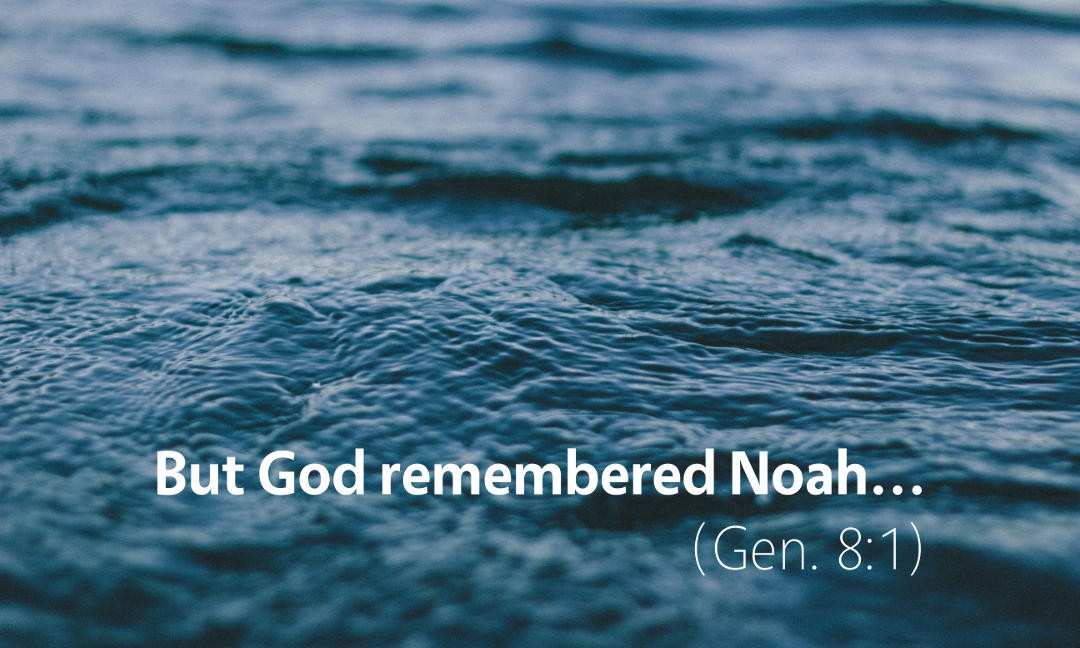Bible Readings for January 8th
Genesis 8 | Matthew 8 | Ezra 8 | Acts 8
In Genesis 6, God tells Noah to build a giant boat—an ark—that would carry him, his family, and every species of animal in creation. As a result of human wickedness, God promised to destroy the whole world with a flood.
The flood was more than mass destruction—it was the undoing of creation itself. Every good creature God had made, he would destroy: “I will blot out man whom I have created from the face of the land, man and animals and creeping things and birds of the heavens, for I am sorry that I have made them” (Gen. 6:7).
Water was a symbol of chaos and rebellion against God. Before God brought order to creation, nothing existed except the chaotic waters (Gen. 1:2), and the biblical writers frequently praise God for how he had set permanent boundaries to the waters, insisting that they not trespass onto the land (Gen. 1:9–10; Job 38:8–11; Ps. 104:6–9; Prov. 8:29; Jer. 5:22).
“But Noah found favor [lit., “grace”] in the eyes of the LORD” (Gen. 6:8). Even though God was destroying the entire world around Noah, God ordained a vehicle through which Noah and his family could be brought safely through the flood.
Even more, God preserved male and female representatives from every species of animal. As soon as the flood subsided so that there was again dry ground, God repeated the mandate that he had given to Adam and Eve in the Garden of Eden, telling people and animals alike to “be fruitful and multiply on the earth” (Gen. 8:17). Although God had nearly annihilated creation with a flood, he preserved a remnant through whom he would repopulate the whole world.
Of all the New Testament writers, the apostle Peter seems the most interested in the implications of this story of the flood. First, Peter states in 1 Peter 3:18–22 that our baptism corresponds to the ark as the means by which God graciously brings us through his judgment. Our baptism does not cleanse the dirt from our bodies, Peter writes, but the dirt from our souls, through the death and resurrection of Jesus Christ.
Second, Peter explains in 2 Peter 3:5–7 that the story of the flood contains a warning for future judgment. God promises in Genesis 9 that he will never again destroy the world with a flood, but the day is coming, Peter writes, when God will destroy the world with fire.
The story of Noah is a story of grace, but also of judgment. In other words, the story of Noah is a story about the gospel: all those who have been baptized into Christ will be preserved and protected from the coming judgment for those who reject Christ like those in Noah’s day rejected the ark.
Whoever has ears to hear, let him hear.
Podcast: Play in new window | Download (5.4MB) | Embed
Subscribe: Apple Podcasts | RSS | More

Scripture quotations are from The Holy Bible, English Standard Version copyright © 2001 by Crossway Bibles, a division of Good News Publishers. Used by permission. All rights reserved.


